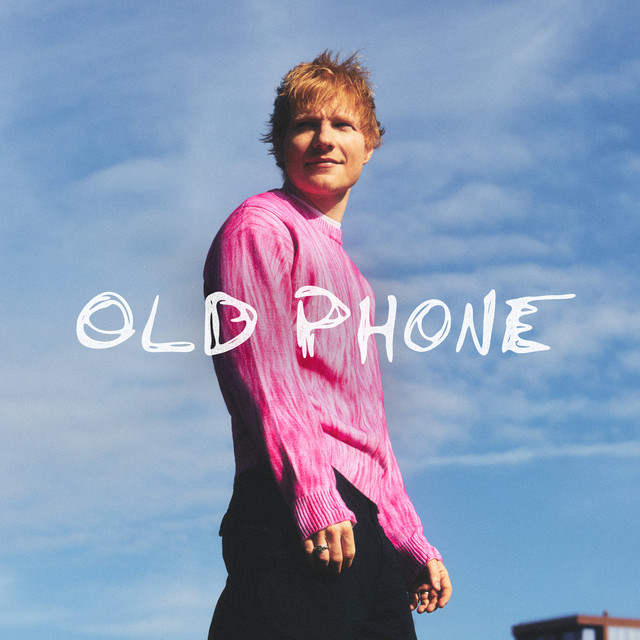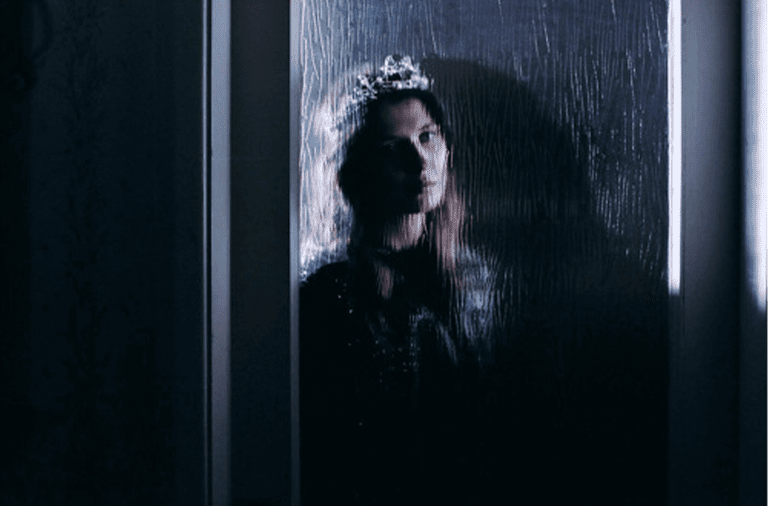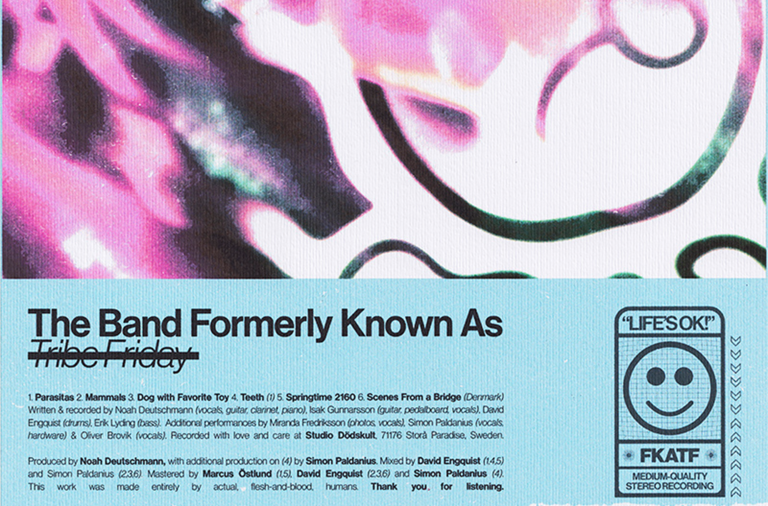In his new track ‘Old Phone’, Ed Sheeran captures a kaleidoscope of emotions: Sadness, regret, hope, and above all, nostalgia.
Last month, the singer-songwriter officially started a new era with the release of ‘Azizam’, the first single of his upcoming album Play. While ‘Azizam’ is the kind of upbeat pop track that regularly lands Sheeran on the top of the charts, ‘Old Phone’ joins the rank of sad indie songs that he is known and loved for.
‘Old Phone’ starts with the most beautiful acoustic guitar tune and as he reminisces about his past, the style of the song takes us back to the past too – more accurately, to the times of Sheeran’s debut album +.

While the lyrics in the first verse are quite literal and direct, the second verse is interspersed with metaphors. Sheeran has mastered this mixture of straight-forward candour and intricate symbolisms perfectly; his lyrics are poetic without ever coming off as pretentious or forcedly complex – although he does use the word ‘whence’ at some point in the song.
Another thing Sheeran does remarkably well is use moments of complete silence that then multiply the impact of the following line. The chorus is simplistic at first, but when the layered vocals hit, so do the feelings. As the song goes on, new layers are continually added, keeping it exciting all the way through. In terms of arrangement, ‘Old Phone’ is reminiscent of Sheeran’s underrated masterpiece ‘I Will Remember You’, which was on the deluxe version of his album ‘=’ and unfortunately never got the flowers it deserved.
The penultimate chorus of ‘Old Phone’ is acapella, a typical feature in a lot of Sheeran’s songs. Those parts especially remind you that while, yes, he is a very gifted songwriter, he’s also an insanely talented singer. Towards the end of the song, he once again uses brief pauses that feel like the millisecond right before the freefall on a rollercoaster. Indeed, the song is an emotional rollercoaster. As Sheeran delivers the last line – which mirrors the beginning of the song – the trip into the past ends on a melancholy yet hopeful note.
Written by: Melanie Falkensteiner
Edited by: Laura Finkler



